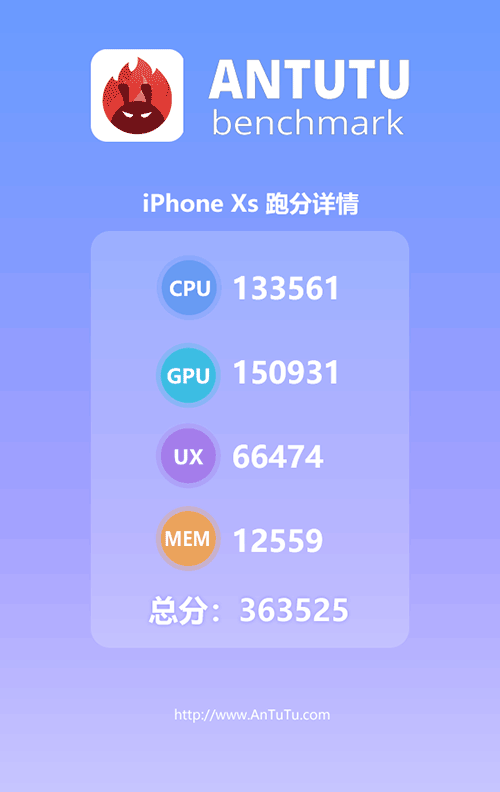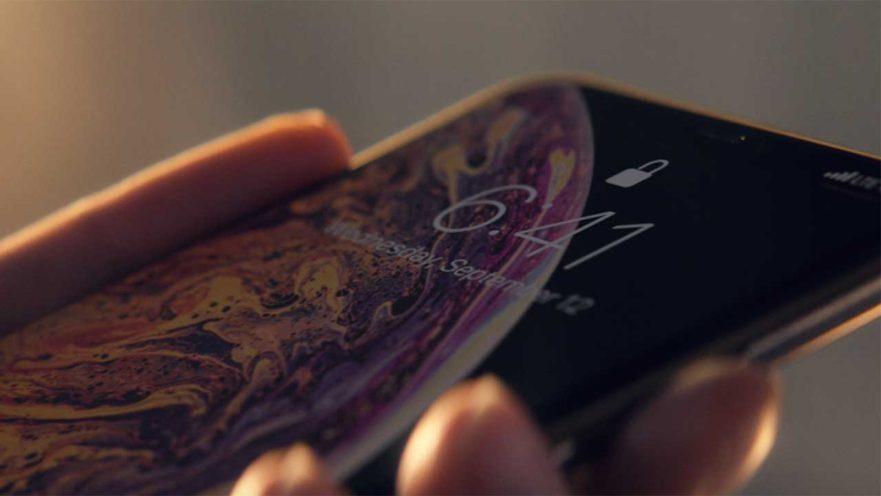With the launch of the Apple iPhone XS Max, iPhone XS, and iPhone XR comes the first commercially available 7-nanometer chip, the A12 Bionic. And as with all successors, the chip is expected to perform better than the A11 Bionic found in the Apple iPhone X, iPhone 8 Plus, and iPhone 8.
According to Apple, the A12 is up to 15 percent faster while using 40 percent less power compared to last year’s processor. It packs six CPU cores that can run either with two high-performance cores or four power-efficient ones depending on the workload.
SEE ALSO: Apple iPhone X, 2 more iPhone models discontinued
True enough, the A12 Bionic has helped put one of the three 2018 iPhones — the iPhone XS — at the top of the Antutu charts. According to the benchmark app, the device has gone way over the 300,000 mark. It racked up 133,561, 150,931, 66,474, and 12,559 points in the CPU, GPU, UX, and memory tests, respectively, which brings its total score to 363,525.

The Apple iPhone XS’ Antutu benchmark score. We’re awaiting results for the Apple iPhone XS Mas and iPhone XR.
Over 360,000. While smartphones powered by Apple’s own A11 Bionic, Qualcomm’s Snapdragon 845, and Huawei’s HiSilicon Kirin 970 have respective average benchmark scores that don’t go past 300,000. The Apple iPhone X, for example, posted 235,009 points last month, while the current best-performing Android in Antutu, the Xiaomi Black Shark gaming phone, notched 289,415.
Smartphones powered by Apple’s own A11 Bionic, Qualcomm’s Snapdragon 845, and Huawei’s HiSilicon Kirin 970 have respective average benchmark scores that don’t go past 300,000.
This makes us all the more excited about the arrival of devices using other 7-nanometer chips (Snapdragon 855 and Kirin 980). Two of the first we’re expecting are the Huawei Mate 20 and Mate 20 Pro, which will be launched on October 16 in London.
Share this Post



